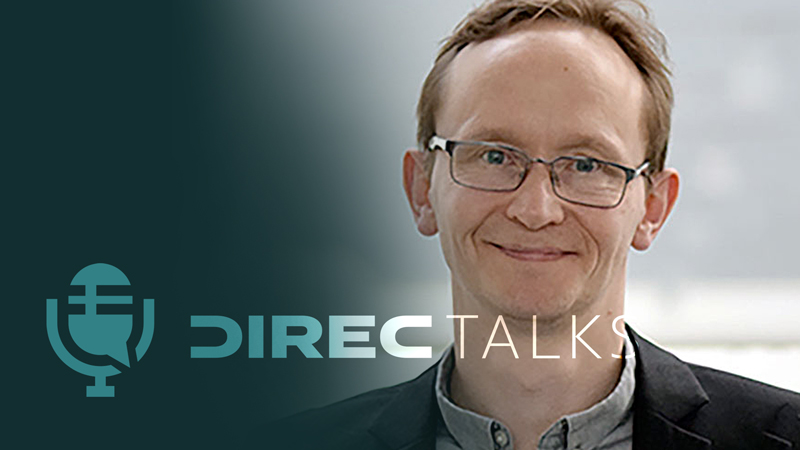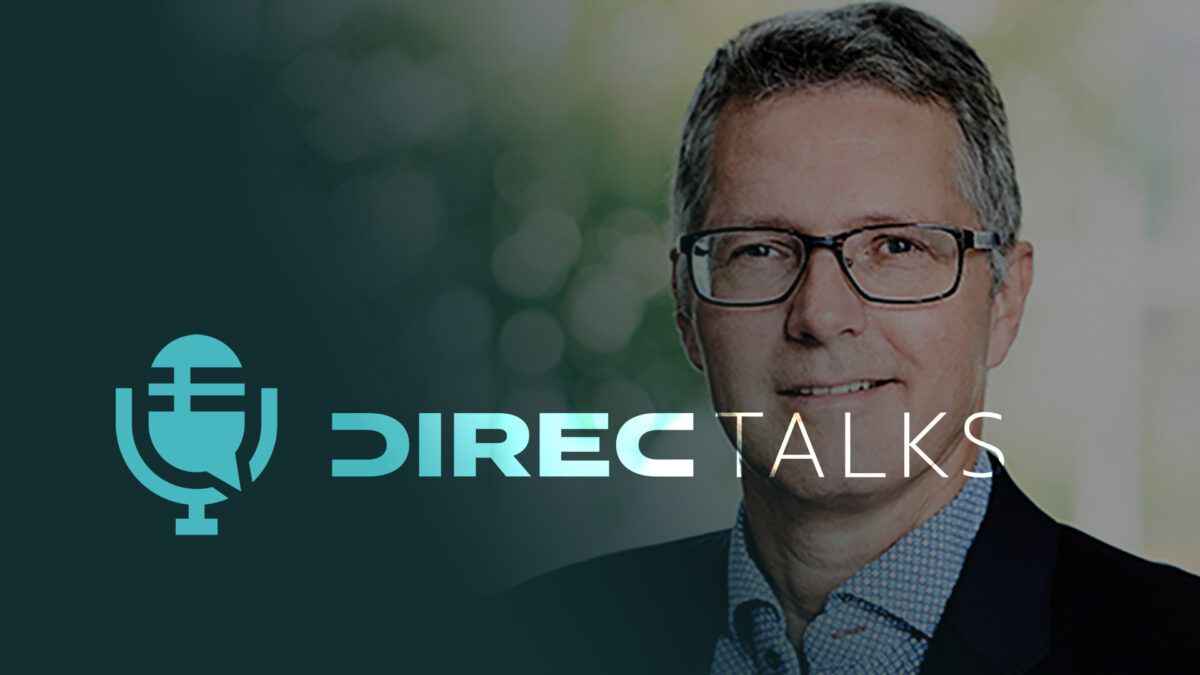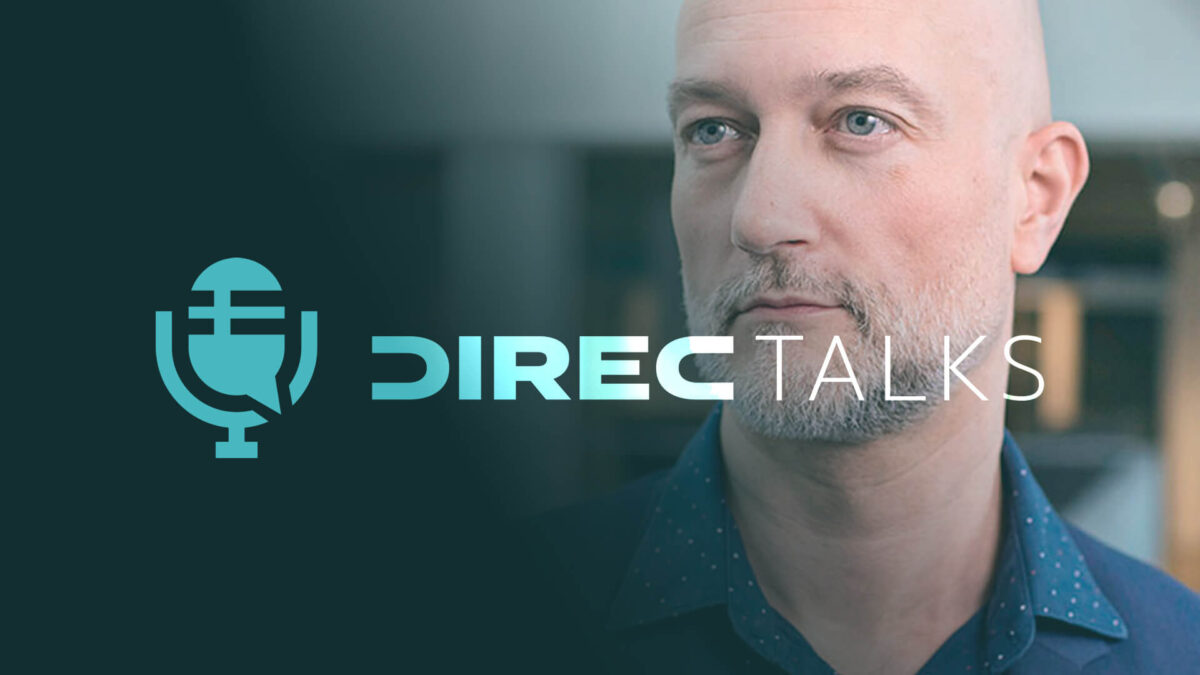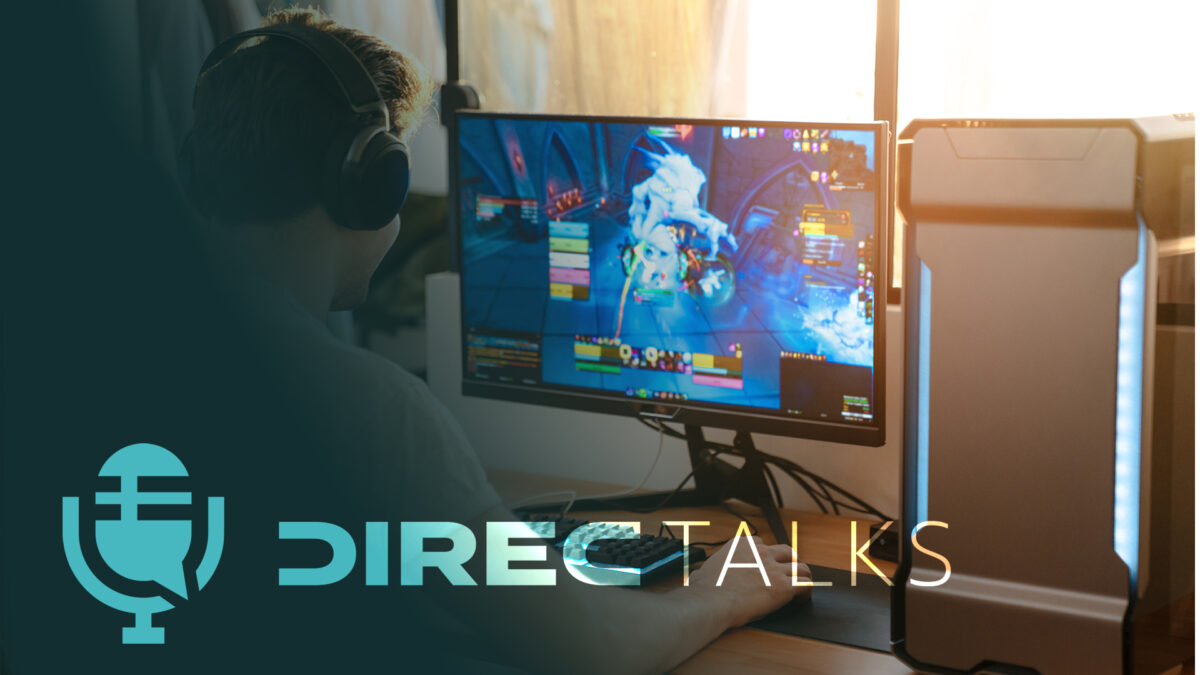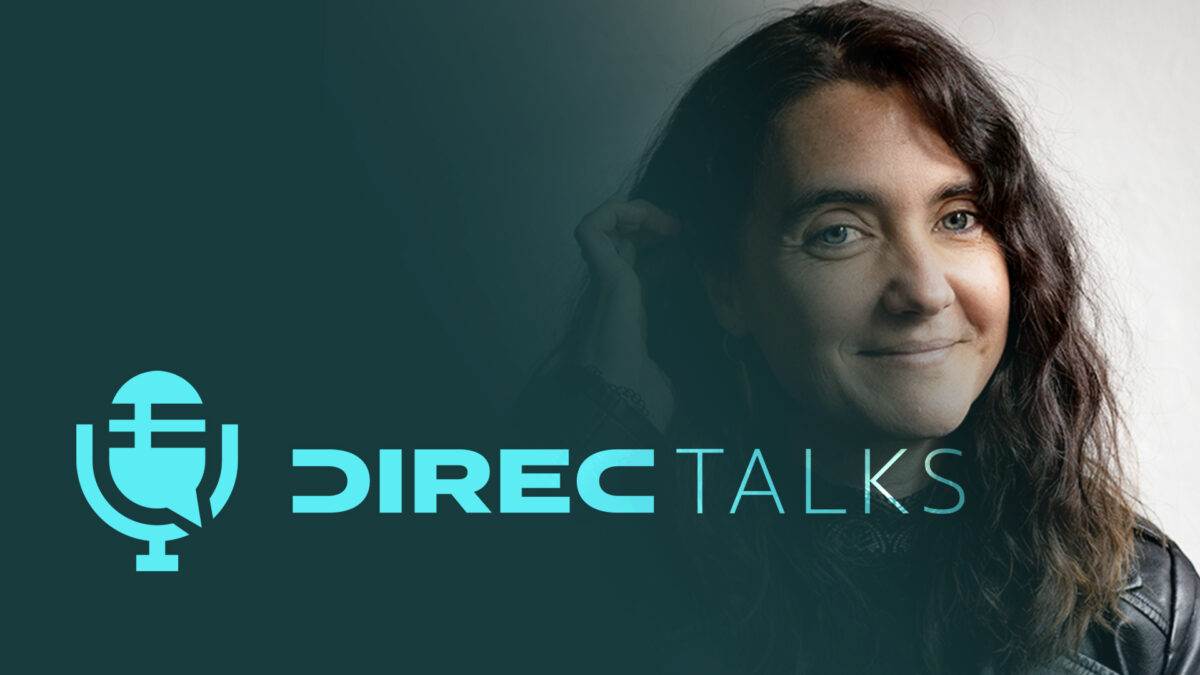
Software Engineering of Mobile, Ubiquitous and Robotic Systems
Software engineers developing mobile, IoT, wearable and ubiquitous systems are faced with a range of challenges, e.g. to create useful solutions that help users. Mikkel Baun Kjærgaard presents engineering tactics and open-source software technologies that help implement tactics in practice.
The rapid development in computing hardware, and sensor and user interface technologies enable the creation of more and more powerful computing solutions. Mobile, IoT, wearable and ubiquitous systems are designed to help us in our everyday life as well as in any profession. They heavily use machine learning components to automate and provide intelligent features. When working in concert with robot technology the solutions can also physically act in the world.
Software engineers developing such solutions are faced with a range of challenges to create useful solutions that consistently help users wherever they go, at an affordable cost and with a variety of hardware configurations. This means that successful solutions must deliver functionality that adapt to available resources at a given moment, e.g., in terms of sensor data accuracy, available energy, user interface options, processing power and communication options. To remain lawful, they also need protect privacy.
In this DIREC talk Mikkel Baun Kjærgaard will present and discuss engineering tactics to address such concerns and open-source software technologies that help implement tactics in practice. The tactics and software technologies are the result of more than 15 years of use-inspired basic research in projects with heavy industry involvement. The talk will give examples of ongoing projects researching tactics and software technologies for the design of systems with robotic elements. The talk will conclude with directions for future research.
MIKKEL BAUN KJÆRGAARD
PROFESSOR, MAERSK MC-KINNEY MOLLER INSTITUTE,
UNIVERSITY OF SOUTHERN DENMARK
MIKKEL BAUN KJÆRGAARD
Mikkel Baun Kjærgaard conducts research within the areas of ubiquitous computing (synonymous with pervasive computing), mobile computing, Internet of Things (IoT), artificial intelligence and energy informatics. He has developed new methods for improving indoor positioning using location fingerprinting, designed systems for sensor fusion for improved indoor positioning, developed methods for addressing power consumption issues for mobile sensing and positioning.
He has researched new applications within sensing of crowd behaviors and position-based logistics for large building complexes. Furthermore, he has developed systems for occupant sensing, designed building operating system services and developed applications of these within energy informatics for improving the energy efficiency and flexibility of buildings. His research results have been published at premier venues within pervasive computing such as ACM MobiSys, ACM BuildSys, Pervasive, ACM Ubicomp, IEEE Percom, IEEE Pervasive Computing and Elsevier Pervasive and Mobile Computing. The results of his research have also enabled several industrial strength research prototypes that have been commercialized.


